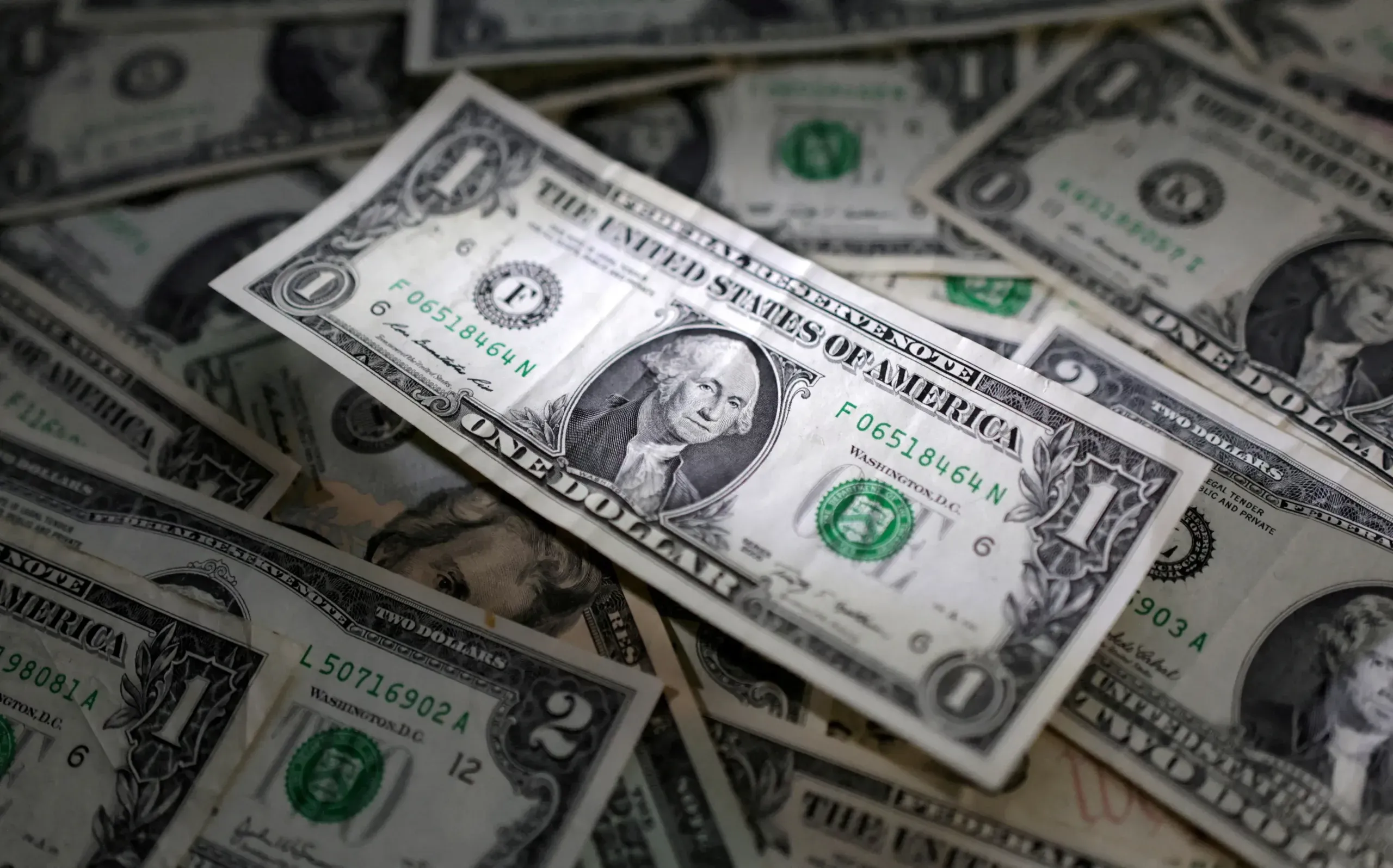
Dollar stands firm as sticky US inflation dents rate cut expectations
By Ankur Banerjee
SINGAPORE (Reuters) -The dollar was steady on Monday after data last week showing U.S. inflation remained sticky cast doubts on when the Federal Reserve would start its easing cycle, while the yen remained languished near the psychologically key 150 per dollar level.
U.S. markets are closed for the Presidents’ Day holiday, with volumes likely to be low through the day.
The yen has hovered around 150 level in the last few days, prompting officials to comment on the currency moves and keeping markets on alert to a possible intervention by Japanese authorities to stabilise the stuttering currency.
On the day, the yen strengthened 0.20% to 149.94 per dollar but remains down about 6% for the year, while against the euro yen hovered around three-month lows of 161.925.
Ministry of Finance officials “took the first step onto the intervention escalation ladder by warning against rapid moves and threatening action even outside of its time zone,” said Marc Chandler, chief market strategist at Bannockburn Global Forex.
Charu Chanana, head of currency strategy at Saxo, said the absence of intervention may have emboldened yen bears but suggested a range of 148-151 appeared likely for dollar/yen in the week.
Japan’s low yields have made the currency an easy target for short-sellers and funding trades, with the widening gap in interest rates between Japan and the United States leading to persistent weakness in the yen.
Latest weekly data from the U.S. markets regulator shows speculators hold a net short yen position worth $9.2 billion, a 2-1/2-month high as expectations that the Bank of Japan would swiftly move away from its ultra easy policy recede.
The dollar index, which measures the U.S. currency against six major rivals, started the week little changed at 104.20 after clocking five straight weeks of gains. The index is up 3% this year as traders adjust their rate cut expectations.
Data last week showed both U.S. producer prices and consumer prices increased more than expected in January, with the apparent stickiness in inflation raising the prospects of a delayed start to the Fed’s rate cuts.
Traders are now betting that June would be the starting point of the easing cycle compared with March at the beginning of the year, CME FedWatch tool showed.
Citi strategists said data last week confirmed that an economic soft landing has not been achieved and “make us more convinced that one will not be.” Declining retail sales, and the continuing rise in jobless claims all point to a softening economy, they said in a note.
“And higher inflation makes it even more difficult for the Fed to respond by lowering rates, further raising the probability of a recession.”
Investor focus this week will be on the minutes of the Fed meeting from last month, scheduled for release on Wednesday. Several Fed officials including Christopher Waller and Raphael Bostic are also due to speak this week.
Christopher Wong, currency strategist at OCBC, said the bulk of the hawkish adjustment in the market may have taken place and expects the dollar to consolidate in the absence of fresh catalysts.
Elsewhere, the euro last bought $1.0782, while the sterling was at $1.26205, up 0.16% on the day.
The pound got a lift on Friday after data showed UK retail sales grew at their fastest pace in nearly three years in January, although that did little to shift expectations around the Bank of England’s monetary policy outlook.
Markets still anticipate 64 basis points of cuts from the BOE this year.
The Australian dollar rose 0.15% to $0.6542, while the New Zealand dollar advanced 0.24% to $0.6139 as Chinese markets returned from a long holiday with modest gains. [AUD/]
China’s yuan slipped against the dollar on Monday but losses were limited by signs of encouraging holiday spending. [CNY/]
(Reporting by Ankur Banerjee in SingaporeEditing by Shri Navaratnam)


